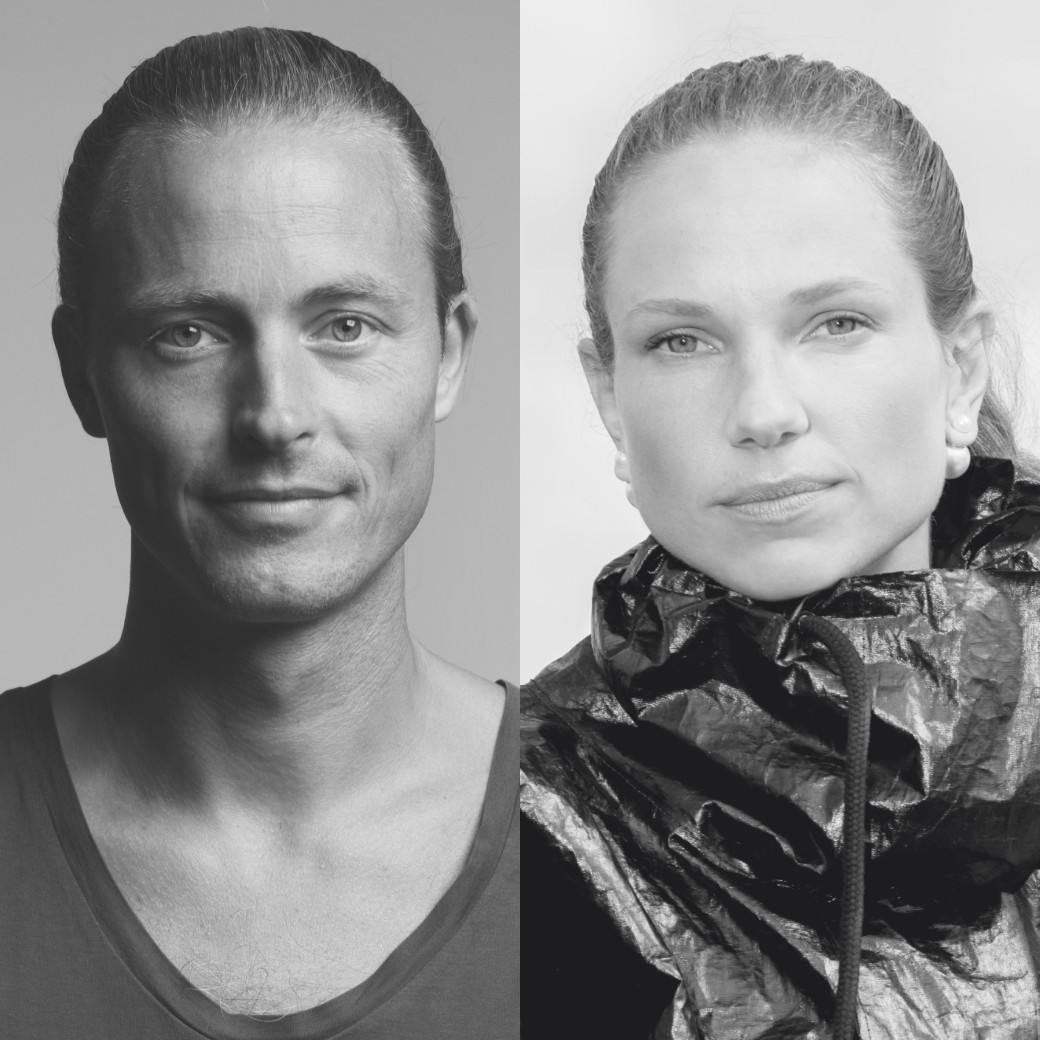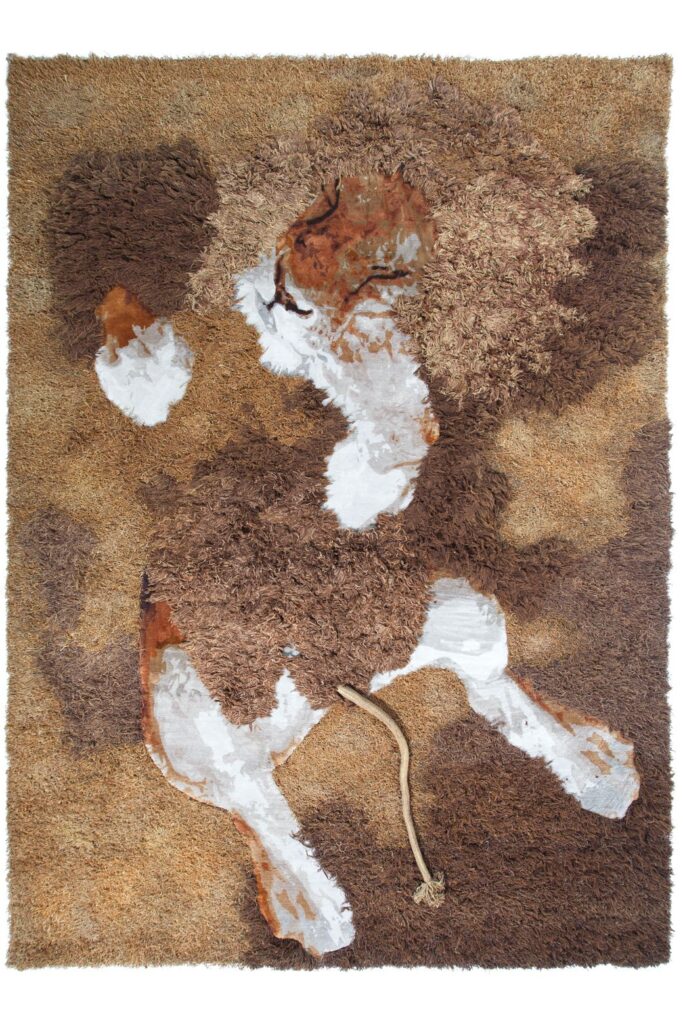
Aldo Bakker
The approach of Aldo Bakker (Amersfoort, NL 1971) is driven by exploring
borders between humanity and inhuman aspects in design, a hand drawn,
architectural exploration into endlessness. With regards to this
subject, it is no coincidence that Aldo chose glass as his starting
material to express himself with: glass has a certain ‘inhuman’ aspect,
it is the ideal material to produce shapes which seem almost perfect and
artificial, a way for Aldo to ‘drift away’ from an obvious visible
human touch. The combination of human rituals and in a way perfect,
artificial shapes remains a recurring theme and it forms the
indispensable tension in Aldo’s work.
Before designing in glass, Aldo skilled himself in the crafts of
jewellery design, the occupation of both his parents. For years, Aldo
was the only employee of Atelier Noyons in Utrecht. It was Jewellery
design that formed Aldo’s professional patience and shaped the
perfectionism which can be found in his work until today. After studying
almost every possible side to the production of glass and after
realising his first complete glass line, Aldo returned to wood and the
creation of wooden furniture. At the same time he got his firsts large
assignment for the interior design of the Amsterdam based restaurant
‘Zuid-Zeeland’, a design which was for Aldo a way to bring a true range
of products to life, in a short matter of time. A restaurant evidently
needs chairs, tables and glasswork.
Around the same period, Aldo held his first large exhibitions, starting
with his first overview at the Amsterdam Gallery ‘Binnen’. Followed by
Solo presentations in Milan and London. During the London exhibition he
met Ilse Crawford, head teacher of the department ‘Well being’ at the
famous Design academy Eindhoven, which meant the lift off of Aldo’s
career as a teacher at the academy.
Over the years, Aldo became more convinced of the place of his work in
the current design era. He was able to break with the conventions and
developments that have drawn the face of Northern European design over
the last decades. One common adage sums up the mental crisis behind
these conventions: ‘why keep designing, when we are already surrounded
by an excess of design?’ Aren’t we surrounded by enough shape already as
it is? Overthrowing this kind of thinking already acts as motivation,
as is the way in which the first reactions to these conventions lack
subtlety and self-reflection.
The design of the ‘Urushi series’ form a first clear statement against
the adage mentioned above and form a new milestone in Aldo’s work.
Still, for insiders, the relationship between his first glasswork
designs and the Urushi series is evident. This series presents the full
complexity of Aldo’s working methods. As he describes this himself: ‘My
work is the result of an almost endless and time-consuming process that
sometimes seems to drag on forever. It’s a process that largely takes
place in my head. Few sketches or models of early versions of my designs
exist. I view my designs as the work of a vormgever, which in Dutch
literally means ‘giver of form’. This principle seems at odds with
current conventions – the view that a clear concept automatically leads
to interesting formal aspects.
During my research into form, I am resigned to being burdened by my own
perfectionism. This perfectionism is the reason why my portfolio
contains no more than half the number of products that are common for
someone of my age. In recent years terms like ‘authenticity’ and
‘originality’ have, in my view, been used with a certain opportunism and
carelessness around me. Both in my language and in my form, I choose to
approach them very precisely. I allow my designs to acquire physical
shape only when I deem them to be ‘autonomous entities’.
For Aldo, the Urushi series form a new beginning as well as an end. Aldo
aims to evoke interaction with multiple senses with his outspoken love
for materials and his never-ending determination to understand various
craftsmanship’s. Due to his urge for perfection, his objects lack a
typical ‘handmade’ impression, even contrarily. The almost endless
process of their realisation gives his designs a sense of ‘inhuman’
belonging, questioning their own existence.
